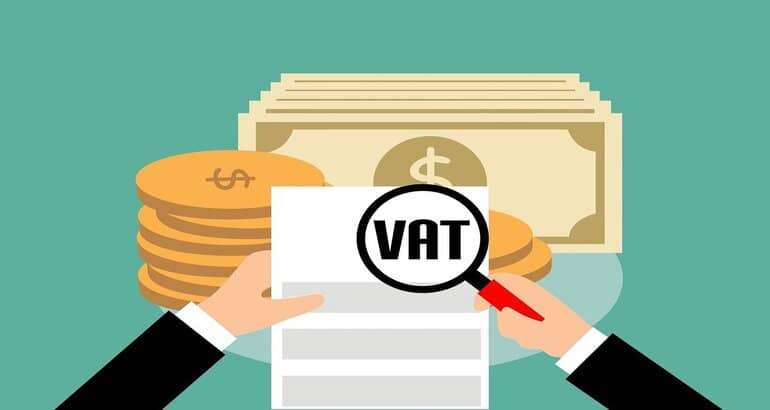It is a challenge to go through the UAE VAT system even for someone who has been there for quite some time, let alone a beginner. Our guide is straightforward to follow and provides practical tips that will help you remain compliant while ensuring that you do not make costly mistakes. Keep reading for more on VAT in UAE.
Understanding VAT in the UAE
The United Arab Emirates levied VAT at the standard rate of 5% from January 1, 2018. It is an indirect tax levied on the consumption of most goods and services and, by its nature, is finally borne by the end consumer of these goods and services. The businesses are just conduits to remit the tax to the government
Who Needs to Register for VAT in UAE?
Every business making an annual taxable supply over AED 375,000 in the UAE is supposed to register for VAT. However, it may be possible for a smaller business, turning over between AED 187,500 and AED 375,000, to do voluntary registration. Failure to register under the stipulations may result in huge penalties and legal issues.
Steps to Register for VAT in UAE
- Create an e-services account: Visit FTA website and create an account.
- VAT Registration Form: Complete the form with details of your business, which may include the trade license, identity documents, and financial records.
- Submit Application: With the completion of the form, the same is forwarded to the approval process. The application usually processes through the FTA within an approximate of 20 days of business.
- Obtain Your TRN: Once approved, you will then receive a Tax Registration Number, which you will use in all your transactions relative to VAT
Collecting and Calculating VAT
After registration, VAT will be charged on all taxable goods and services provided by the business. This is how it will be done:
- Output Tax: Value-Added Tax that is chargeable on a customer from the sale of any of the goods or services of a registered business or enterprise.
- Input tax: It is the VAT that has to be paid on goods and services that have been taken for business needs. In most cases, businesses can recover input tax, thus reducing the net VAT liability.
Filing VAT Returns in UAE
All VAT returns must be completed and submitted on a quarterly basis, but some businesses are expected to complete them on a monthly basis. This is how it is done:
- Log in to FTA Portal : Login with e-Services Account.
- Complete VAT Return Form: Complete the output VAT, input VAT, sales, and purchases details on the form.
- Submit the Return: Review everything before submitting.
- Payment: Payment shall be made through the approved methods.
Common Challenges and Tips for Compliance
- Keeping Good Records: Maintain a record of every transaction that is clear and organized; it helps in having everything in order when it comes time to file your return.
- Stay Informed: VAT laws and rules are changed. Be updated with all changes that the FTA may make in order not to land in non-compliance.
- Get Professional Help: If you feel overwhelmed by the concept of VAT compliance, then it might be advisable to seek professional assistance from a tax consultant. They provide you with the best advice and ensure you meet all requirements.
FAQs about UAE VAT
Q: What will happen if I fail to register for VAT?
A: Failure to register can lead to heavy fines and legal implications. You need to register in case your business meets the threshold requirements.
Q: Can I reclaim VAT paid on my business expenses?
A: Yes, businesses recover the input tax they pay on eligible business costs from the overall VAT liability.
Q: Do I have to charge VAT on exports?
A: Exports are usually zero-rated, but further criteria must be satisfied for the same.
Wrapping Up
Even more, complying with VAT in the UAE may appear a bit intricate, but it will still be manageable provided you know what to do and have the right tools to do it. With steps laid down in this guide, maintaining proper records and keeping abreast of changes in the law, compliance for your business will ensure smooth compliance. Most importantly, professional advice can also be the smartest move toward effectively wading through the intricacies of VAT.



